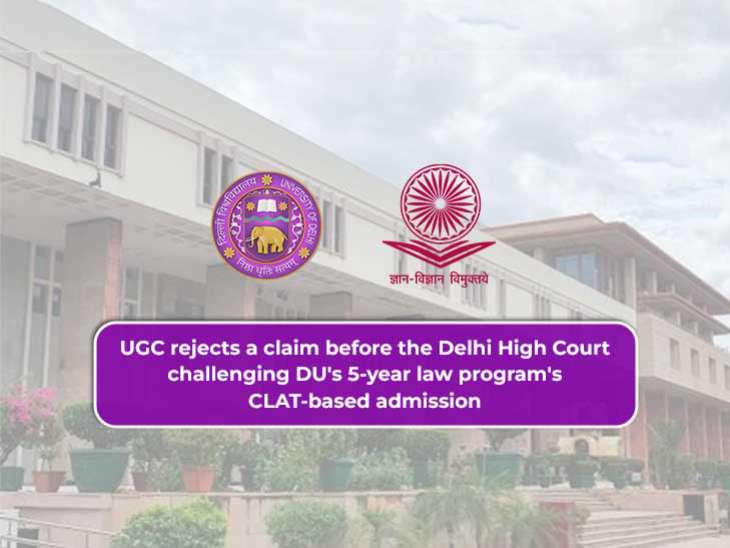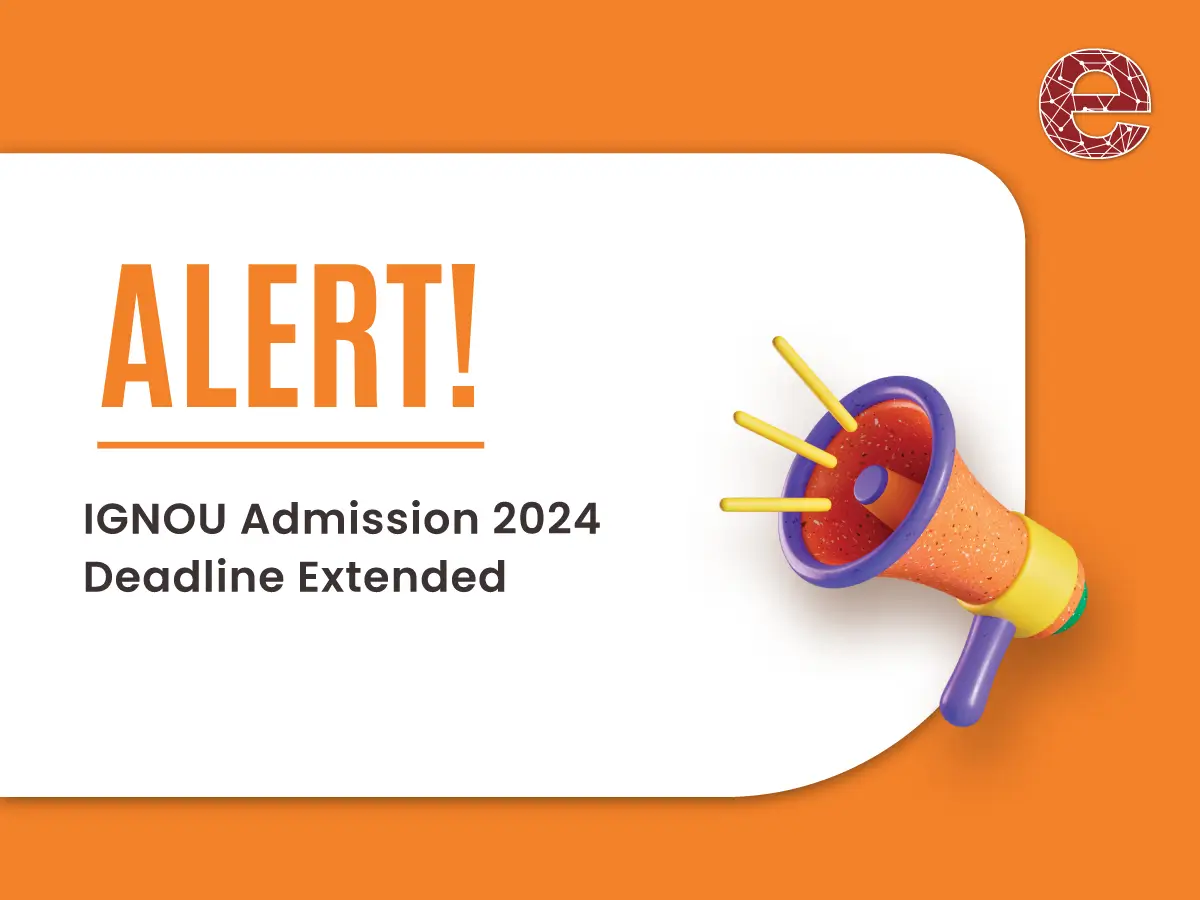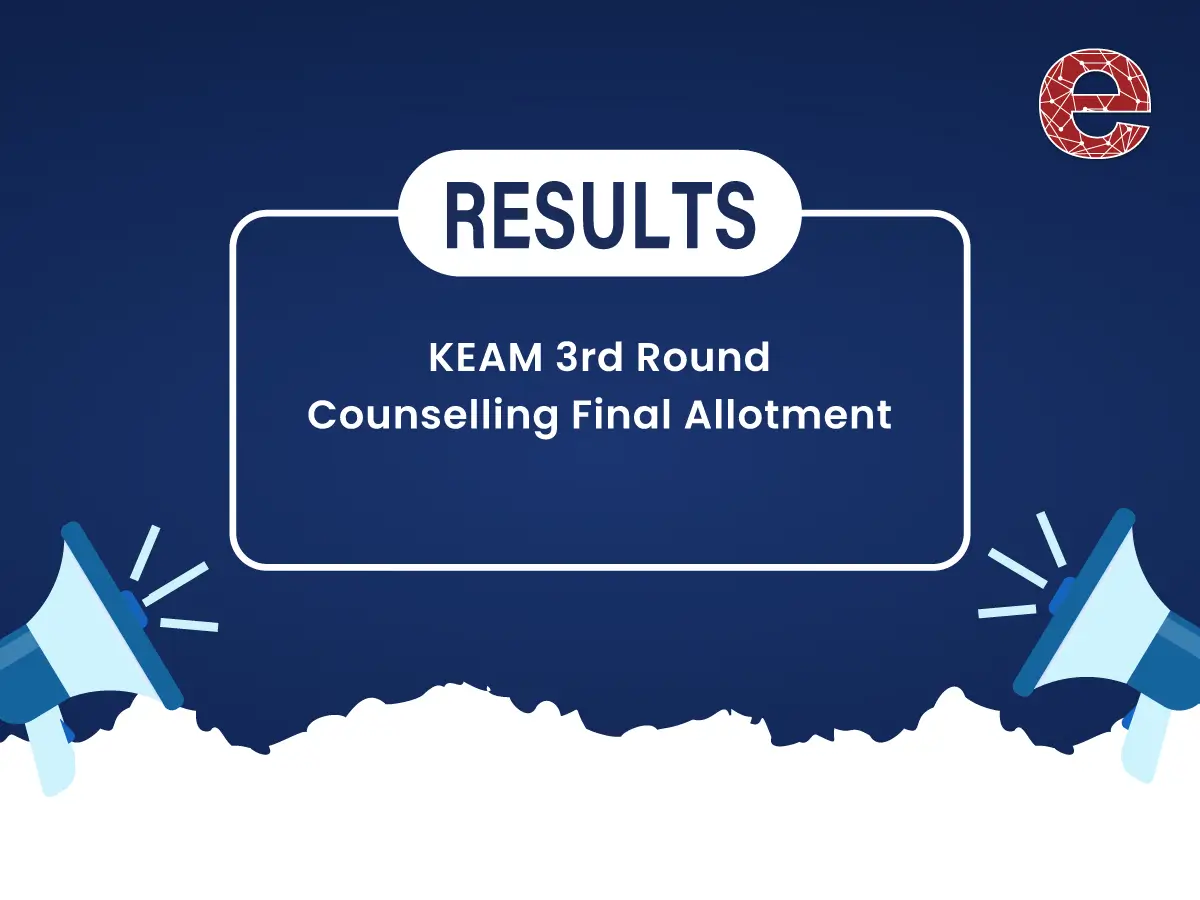UGC Rejects A Claim Before The Delhi High Court Challenging DU's 5-Year Law Program's CLAT-Based Admission
Education News

In response to a petition challenging Delhi University's decision to admit students to the course solely on the basis of CLAT-UG 2023 and not CUET, the University Grants Commission informed the Delhi High Court on Tuesday that the five-year law course is a professional degree programme that may require different criteria to select students for admission.
In a counter affidavit submitted in the case, the UGC requested that the petition be dismissed and claimed that the DU had decided to use the Common Law Admission Test (CLAT), a centralised national-level entrance exam primarily used by the top National Law Universities, to admit students to its integrated law course.
In a similar vein, the central government, which had previously stated that the Common University Entrance Test (CUET) was not required for central universities, claimed that the admission requirements for professional courses like engineering, medicine, and law are shaped by their specialised nature and particular skill, and as a result, must be guided by the distinct prerequisites of each course.
The plea has said the condition lacks any intelligible differentia and has no rational nexus with the object of admission to the five-year integrated law courses at the Faculty of Law. The petition has sought that admissions to the five-year integrated law courses be done through the CUET- UG, 2023. The Union Ministry of Education (MoE) reportedly introduced the CUET-UG 2023 for admission to all undergraduate programmes at central institutions for the academic year 2023–2024.
The admission of students to five-year integrated legal programmes at DU purely on the basis of CLAT-UG, 2023, had been called into doubt by the high court earlier this month.
- UGC rejects a claim before the Delhi High Court challenging DU's 5-year law program's CLAT-based admission
- CLAT-UG
- 2023
- Common Law Admission Test (CLAT)











